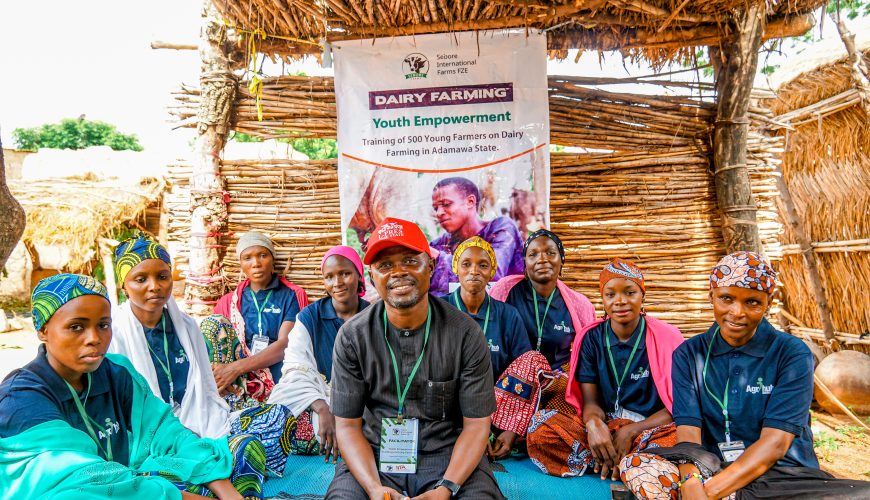As the world recently marked the International Day of Rural Women, I took some moments to reflect on the plight and prospects of women in Nigeria’s rural communities.
Nigeria boasts hardworking women across all sectors, from the North to the South, whether in the city or rural hinterland. Indeed, in some communities, women’s involvement in agriculture, whether in production or value addition, has helped to ensure food availability and improved families’ well-being.
However, before I delve into the prospects, I would like to take a brief look at the solvable challenges faced by rural women, who, till today, contend with cultural limitations and other perennial challenges, like poor access to quality healthcare, sexual and gender-based violence, barbaric practices like female genital mutilation, and lack of basic amenities like good roads, power supply, and potable water. While life is generally harsher for people in Nigeria’s rural communities, I empathize more with women, who have much more to contend with.
Drawing lessons from my visit to several communities, especially in the North, where subsistence and commercial agriculture are more evident, I align with the position of the Food and Agriculture Organization (FAO) that while women constitute 43 percent of the global agricultural labor force, they face significant discrimination in matters of land ownership, livestock ownership, equal pay, participation in decision-making entities and access to credit and financial services.
A woman struggling for acceptance, survival, or freedom may be unable to raise responsible children. That partly explains the number of out-of-school children, creating a fertile pool for bandits and criminals. This implies that society suffers when women are disadvantaged, emphasizing the need for governments at all levels and public-spirited private-sector players to genuinely put rural women at the center of their intervention programs.
However, it’s not all gloom. During my recent visit to Awala in Awala Madugu Local Government Area of Adamawa State, I was amazed by the dedication of rural women in Northern Nigeria to dairy production and how that venture has improved their livelihoods. I then imagined how genuine empowerment could improve their livelihoods and enhance local dairy production, saving us some forex used to import dairy products.
When we talk about milk production in West Africa, the Fulani tribe, predominantly nomads, comes to mind, with a vast population in Nigeria, Senegal, Guinea, Mali, Niger, and Cameroon, among others.
Contributed by Omotomiwa Adesanya

